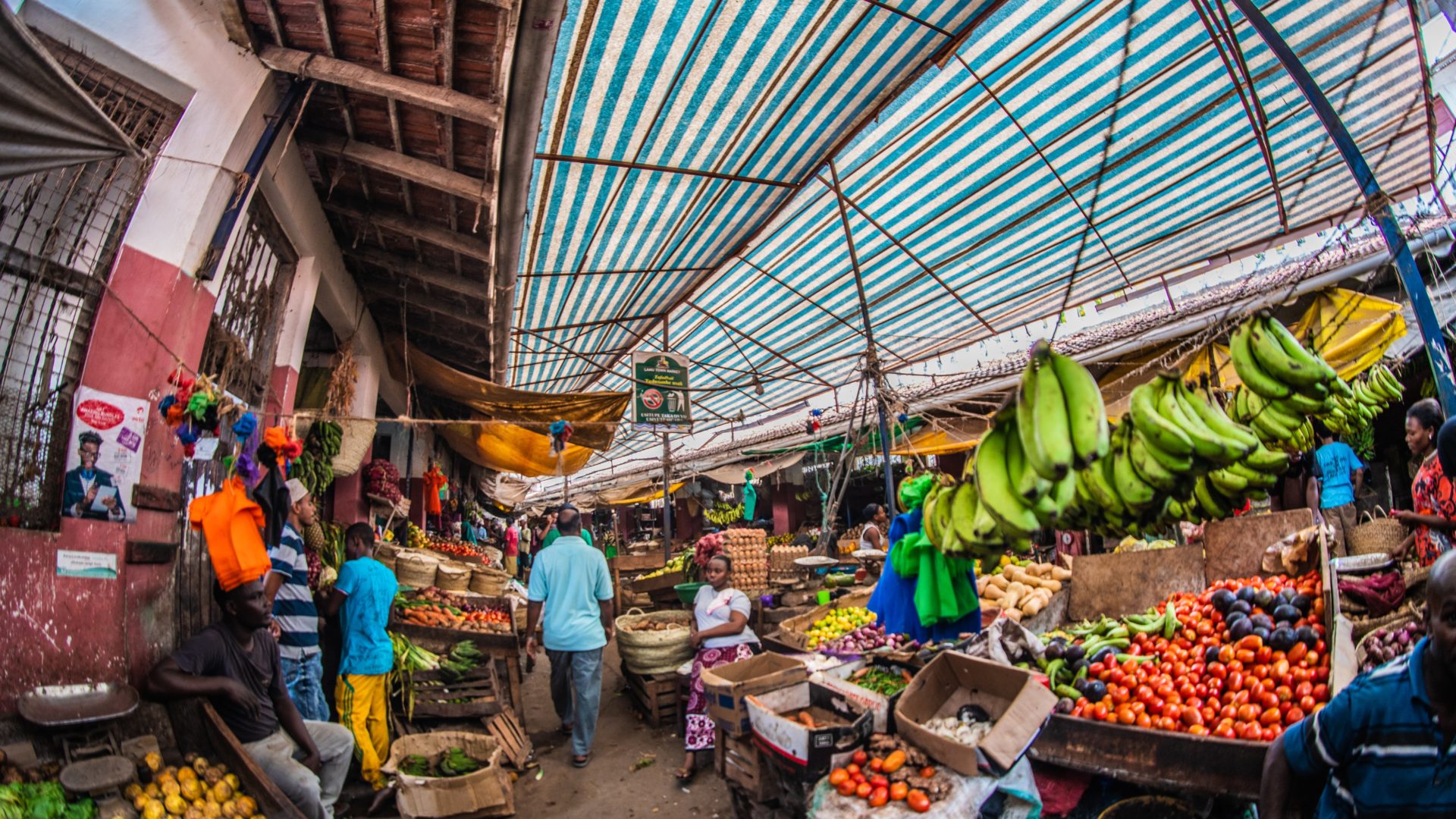As countries around the world contend with the impacts of Covid-19, the pandemic poses a particularly urgent threat in fragile and conflict affected regions. In such regions, the Covid-19 pandemic is not simply a public health crisis. The pandemic
also threatens to exacerbate existing forms of conflict.
At the same time, examples can be found of Covid-19 responses that have the
potential to build connections between conflicting groups rather than increase tensions. Thus, even as the Covid-19 crisis risks exacerbating pre-existing tensions in fragile and conflict affected regions, the pandemic could also enable new forms of
solidarity and collective action.
The aim of this project is to investigate the impacts of Covid-19 responses on conflict dynamics in fragile and conflict affected regions, and to document examples of conflict sensitive Covid-19 responses that have the potential to contribute to peacebuilding rather than accentuate conflict. This project will use a qualitative case study approach to collect data on Covid-19 responses and conflict dynamics in northern Kenya. Working in collaboration with the Pastoralists Alliance for Resilience and Adaptation in Northern Rangelands (PARAN Alliance), weekly diary entries by civil society researchers over a period of eight months will be used to examine the
interaction between Covid-19 responses, conflict dynamics and peacebuilding activities in five counties across northern Kenya (Isiolo, Laikipia, Marsabit, Samburu, and Wajir).
The project will be implemented over a one-year period – led by the Indigenous
Movement for Peace Advancement and Conflict Transformation (IMPACT) and implemented in partnership with researchers from the University of Manchester, United States International University Africa (USIU), and University of
Birmingham.
This grant has been awarded by the Covid Collective – a research platform funded by the UK’s Foreign Commonwealth and Development Office (FCDO). The Covid Collective has two main functions: the co-generation of research and evidence through a grant-making mechanism and to support evidence-informed action through knowledge curation, learning and strategic communication.
